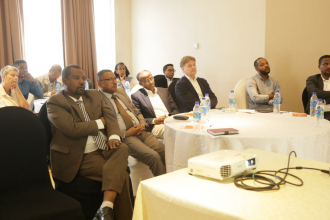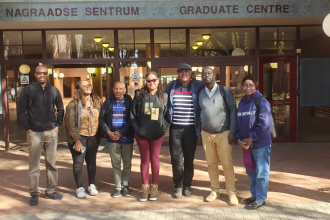Climate change will have significant long-term impacts on people, ecosystems, and the global economy. To avoid catastrophic impacts, the world must mobilize finance at scale to deliver rapid and substantial low-carbon transitions across sectors and regions. Improving sustainable finance approaches and enhancing market alignment with this transition is crucial. Evidence shows that climate finance is not reaching those who need it most. Despite the significant climate risks faced by women and girls, only 2.3% of climate finance intends to principally support gender equality.





